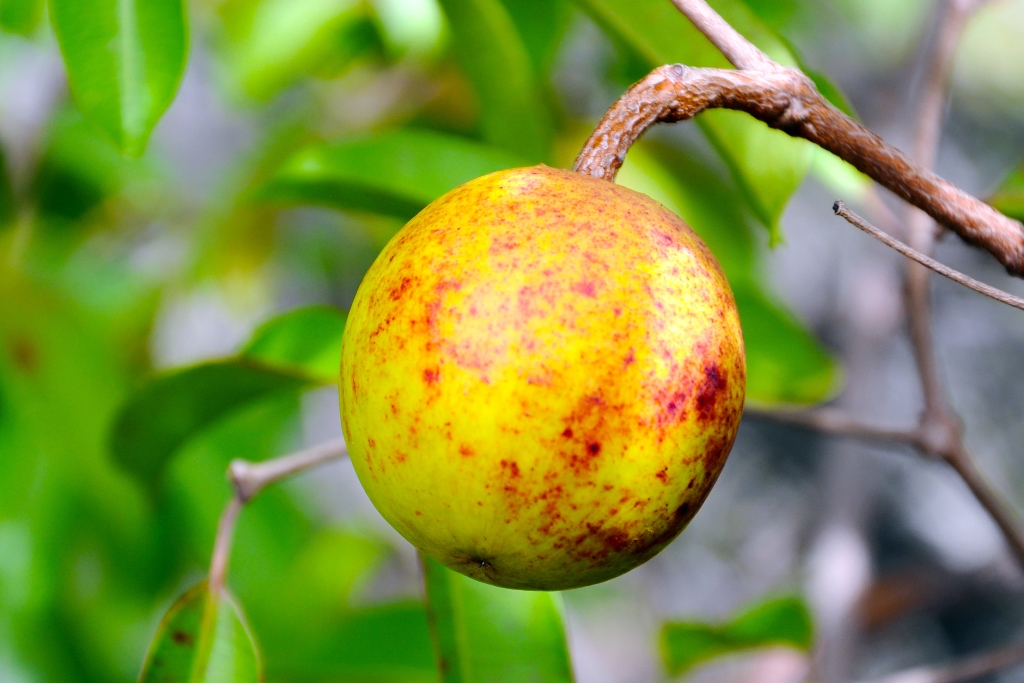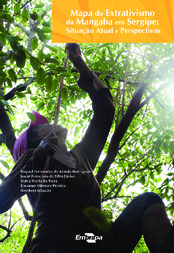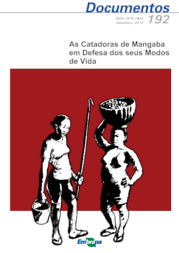Embrapa Tabuleiros Costeiros
 Notícias
Notícias
Mangaba e outras fruteiras brasileiras integram catálogo do Cone Sul
A mangaba e outros dez frutos nativos do Brasil integram a coleção Frutales Nativos con Importancia Actual y Potencial para el Cono Sur, publicada pelo Instituto Interamericano de Cooperación para la Agricultura (IICA) e Programa Cooperativo para el Desarrollo Agroalimentario y Agroindustrial del Cono Sur (Procisur).
O objetivo da publicação é valorizar os recursos genéticos regionais vegetais dos países do Cone Sul, que vêm despontando não apenas pelo amplo uso alimentar regional, mas também por seus atributos nutricionais.
A coleção é constituída por catálogos de 21 espécies frutíferas nativas da Argentina, Bolívia, Brasil, Chile, Paraguai e Uruguai. Do Brasil, foram contempladas, além da mangaba, o abacaxi, o açaí, o araçá, o bacuri, o butiá, o cupuaçu, o maracujá, o pequi e o umbu, com a participação de pesquisadores da Embrapa Tabuleiros Costeiros (Aracaju, SE), Embrapa Mandioca e Fruticultura (Cruz das Almas, BA), Embrapa Amazônia Oriental (Belém, PA), Embrapa Clima Temperado (Pelotas, RS), Embrapa Cerrados (Planaltina, DF), Embrapa Semiárido (Petrolina, PE), Embrapa Agroindústria Tropical (Fortaleza, CE), Embrapa Amapá (Macapá, AP) e instituições parceiras.
As publicações podem ser baixadas gratuitamente no sítio virtual do Procisur.
O pesquisador da Embrapa Tabuleiros Costeiros e coordenador da publicação sobre a mangaba, Josué Francisco da Silva Júnior, comemora o resultado. “A escolha da mangaba e das demais frutas brasileiras, dentre as centenas de espécies frutíferas sul-americanas com valor real e potencial, com participação efetiva da Embrapa, prova que o Brasil está no caminho certo em defesa dos seus recursos genéticos nativos”, destacou.
“A Embrapa Tabuleiros Costeiros é detentora de um banco genético de mangaba (Hancornia speciosa Gomes) com amostras de oito estados brasileiros, e tem envidado esforços para a conservação de áreas naturais de mangabeira no litoral do Nordeste e para o desenvolvimento de sistemas de produção sustentáveis para a fruta”, explica Josué.
Saulo Coelho (MTb/SE 1065)
Embrapa Tabuleiros Costeiros
Contatos para a imprensa
tabuleiros-costeiros.imprensa@embrapa.br
Telefone: (79) 4009-1381
Mais informações sobre o tema
Serviço de Atendimento ao Cidadão (SAC)
www.embrapa.br/fale-conosco/sac/



